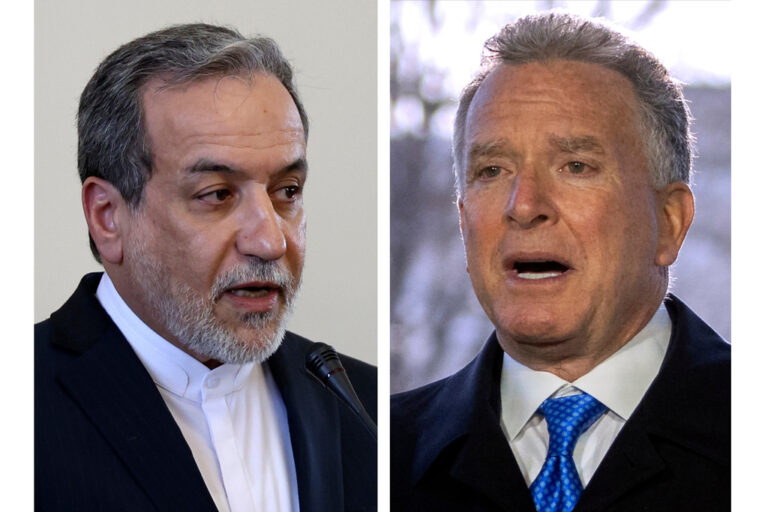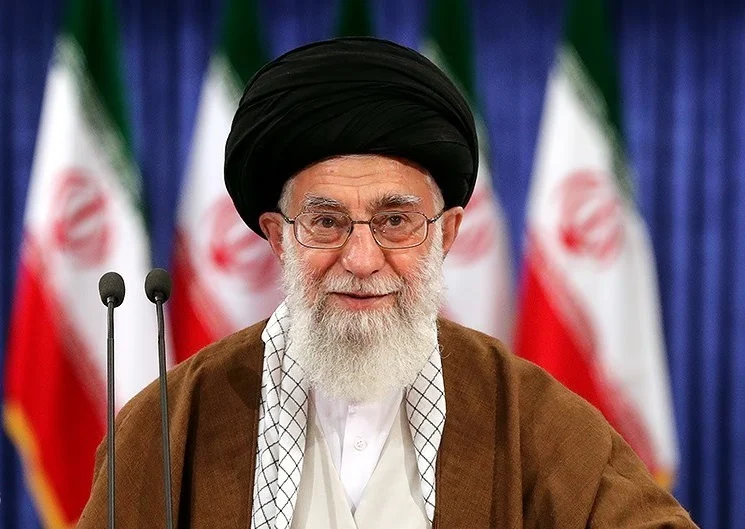As Yaakov is nearing the end of his life, he asks Yosef to swear to him that he will take his body out of Mitzrayim and bury him in the Me’aras Hamachpela. The gemarah (Sota 36b) asks what the reason was that Yosef had to swear to his father that he would do as he requested. The gemarah answers that when Yosef came out of jail and stood before Pharaoh, he spoke to him in all seventy languages. However, after conversing with Pharaoh in loshon kodesh Pharaoh was unable to communicate back with him because that was the only language he did not understand. At that point Pharaoh made Yosef swear to him that he would never to reveal this information to anyone.
When it came time to bury Yaakov, in eretz Cana’an, Yosef went to Pharaoh and told him he is leaving, to go bury his father. When he was asked why he didn’t just bury Yaakov in Mitzrayim he responded that he had sworn to his father that he would take his remains and bury them in eretz Cana’an. Pharaoh asked him why he didn’t just break the promise and bury his father here; after all he wasn’t alive anymore. Yosef answered that if he breaks this promise that he made to his father he would also have to break the promise or ‘secret’ that he made to Pharaoh about him not understanding loshon hakodesh. It was only then that Pharaoh allowed him to leave and fulfill his father’s request.
Let us analyze this conversation for a minute: Is this how one talks to the king, by threatening that if he makes him break his promise than he will ‘get him back’ by breaking their promise? Was Yosef black-mailing Pharaoh? How can this be explained, there must be a deeper understanding here?
The Steipler Gaon Zt”l answers, and says, Chas V’Shalom, Yosef was not threatening Pharaoh at all! What he was saying to him was that my word is as good as gold. He explained to Pharaoh, that he valued his word tremendously and that he took his spoken words very seriously. If Pharaoh was now going to make him go against his own word and cheapen it, even once, his whole chashivus towards keeping his word would be shattered. He will have lost respect for what he says and what he values. Ultimately, that may cause him to utter their secret and break a promise they had made, because he may not consider it so important anymore. The reason being that once a person does something just one time, they break the barriers. When a person does an aveira for the first time, he loses the sensitivity for it. As we know, the gemarah in kiddushin states that when a person does an aveira over time it becomes ‘permissible’ to him. Permissible? How can that be, it’s an aveira? The answer is that it becomes ‘in his eyes’ as if it’s allowed. Why? Because he has lost all respect for it. He loses the significance for it and allows it to be ‘permitted’ to him.
There is a famous story with the Chofetz Chaim that we have mentioned in the past but that brings out this point.
The Chofetz Chaim once walked out of a shul (outside of Radin) and he saw a Jew being mechalel Shabbos. He sat there and he cried for a full hour. The next Shabbos, he walked out of the same shul and saw another Jew being mechalel Shabbos. He cried for an hour and a half. His talmidim asked him, Rebbi – why did you cry longer than you did last week? The Chofetz Chaim responded that when he saw the second yid being mechalel Shabbos, he cried for forty five minutes and he felt that it was enough. He then realized that he had cried shorter than the first time, and that he must have lost his sensitivity to chilul Shabbos! He therefore cried for another forty five minutes for that loss.
Yosef was so concerned that if slipped once he would lose his sensitivity for what he says in the future. He therefore didn’t allow himself to break that barrier, even once, by responding how he did to Pharaoh!
May we all be zoche to be sensitive to the Torah’s values, and not to chas v’shalom lose our sensitivity towards any mitzvah-or our disgust towards an aveira- and in this zechus Hashem will keep his promise to our forefathers and return us to Eretz Yisroel, with Moshiach-quicker than we deserve-speedily in our days.










